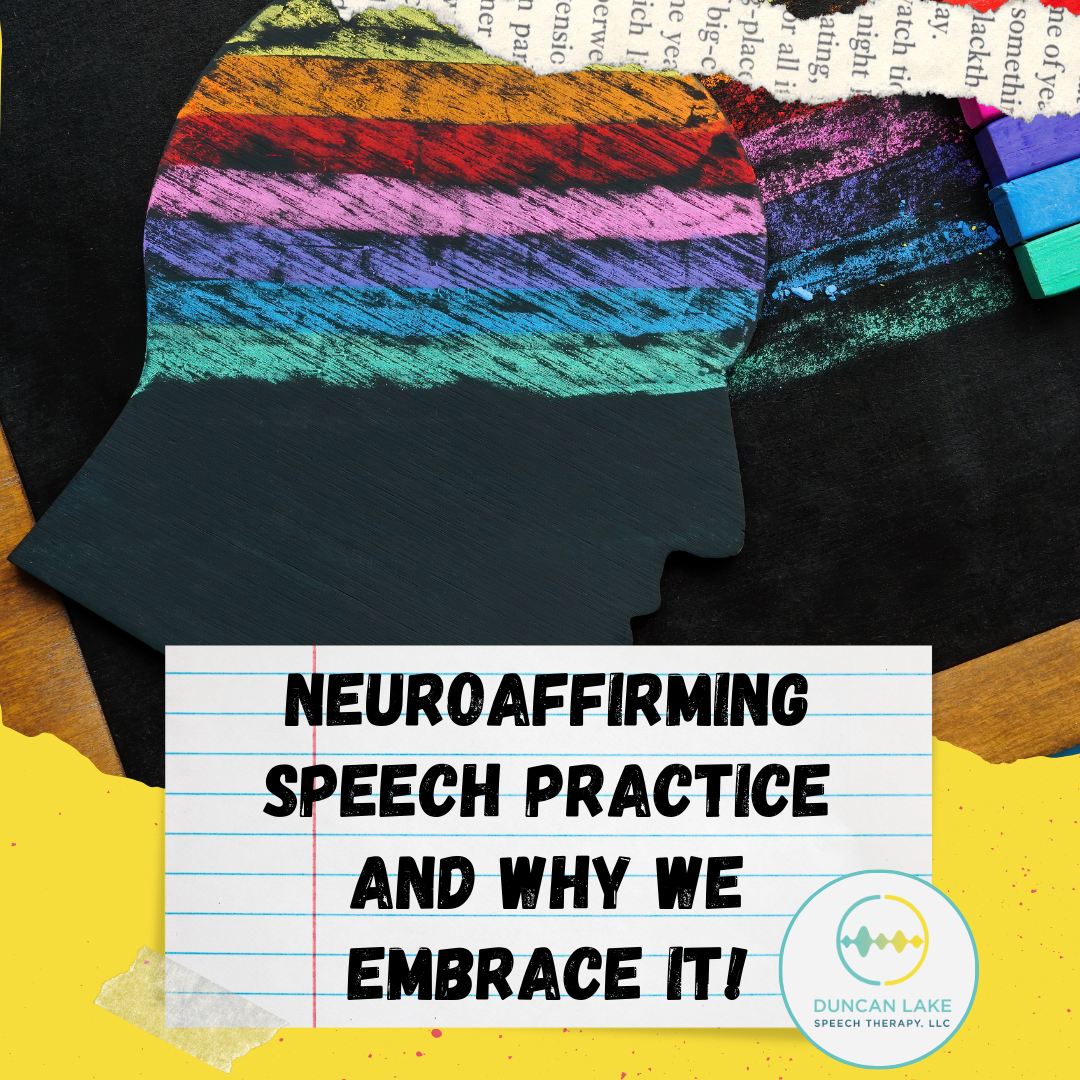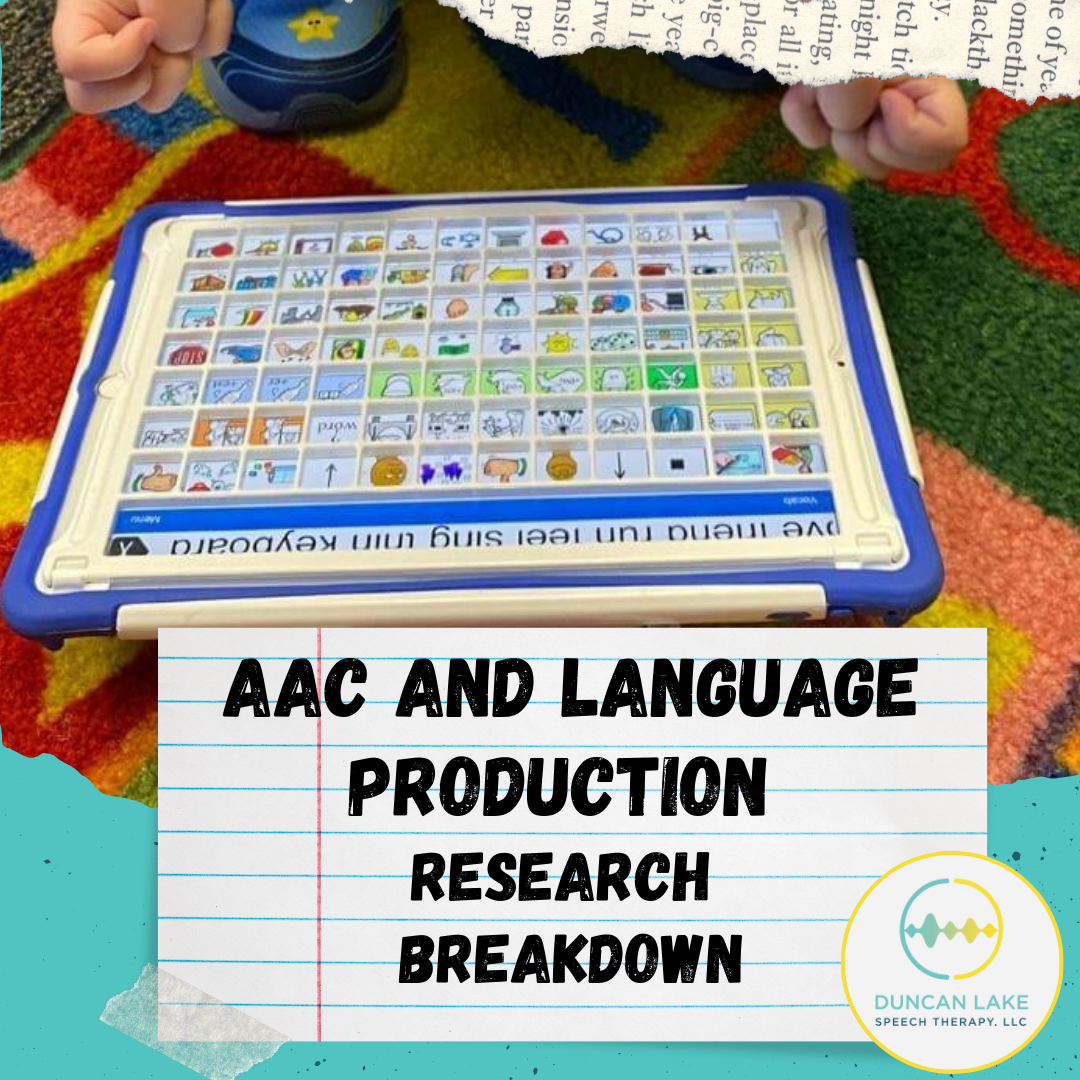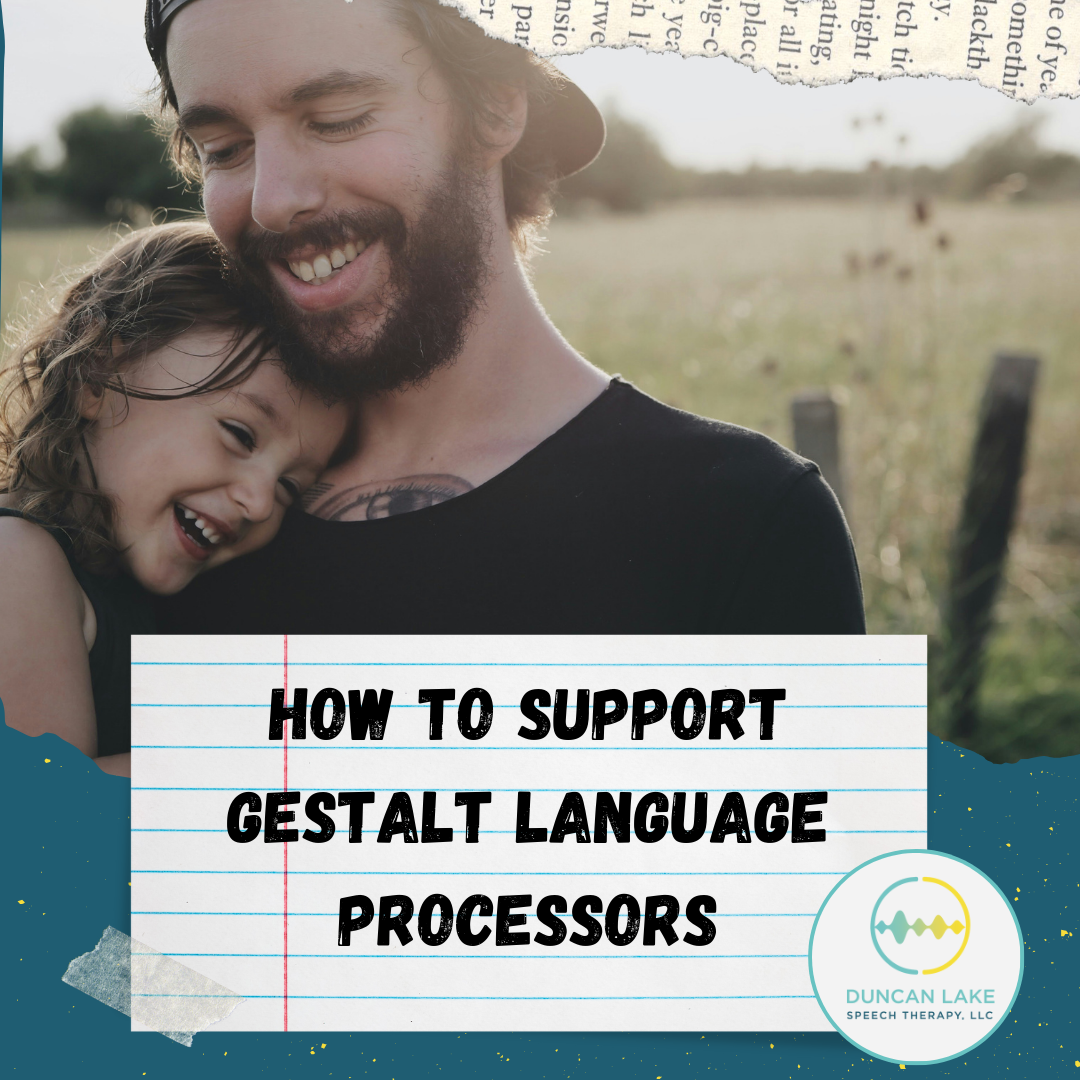
by Tami Teshima | Oct 26, 2024 | Inclusion
by Tamiko Teshima, M.A., CCC-SLP Practice Owner and Speech-Language Pathologist Duncan Lake Speech Therapy If you’ve been following recent cultural conversations, you may have come across the terms “neurodiversity affirmation” or...

by Tami Teshima | Oct 12, 2024 | AAC
by Tamiko Teshima, M.A., CCC-SLP Practice Owner and Speech-Language Pathologist Duncan Lake Speech Therapy, LLC When it comes to AAC, many, MANY myths exist (see this Facebook post or this blog post). By far, the one I hear the most often is that AAC will...

by Tami Teshima | Oct 12, 2024 | Inclusion
by Tamiko Teshima, M.A, CCC-SLP Practice Owner and Speech-Language Pathologist Duncan Lake Speech Therapy, LLC Note: Tami here! This is an updated version of our very popular post from 2019. I do need to go through and update our educational resources, but otherwise,...

by Tami Teshima | Oct 8, 2024 | Feeding
by Hannah Blackwell, M.A., CCC-SLP Speech-Language Pathologist Duncan Lake Speech Therapy, LLC While eating, at face value, often appears to be a simple process, it is actually quite complex. For those with feeding disorders, we often observe behaviors as a result of...

by Tami Teshima | Oct 6, 2024 | Feeding
As parents, it’s common to worry when your child seems to have a limited diet or refuses to eat certain foods – AKA picky eating! While some kids are simply “picky eaters,” others may be dealing with deeper challenges. So, how can you tell if your child is...

by Tami Teshima | Jul 3, 2024 | Bilingualism, Language Development
¿Su hijo/a tiene retraso del habla? ¿Se frustra o llora en vez de pedirte lo que quiere? Algunos niños nacen con dificultades del habla, los sonidos que salen de la boca para formar palabras, o el lenguaje, las ideas/el contenido que compartimos a través de las...

by Tami Teshima | Jul 3, 2024 | Voice Disorders
by Anna Dubiak, M.S., CCC-SLP Duncan Lake Speech Therapy, LLC Reflux is a condition in which stomach acid repeatedly flows back up into the esophagus. Acid reflux is something roughly 20% of adults suffer from in Western cultures. It can manifest for many reasons...

by Tami Teshima | Apr 23, 2024 | Autism
by Anna Dubiak, M.S, CCC-SLP Duncan Lake Speech Therapy, LLC It is now April which kicks off Autism Acceptance month. This might be a familiar term to some “Autism Awareness” which has slowly started to shift into its newer title of acceptance. Now, I know what you’re...

by Tami Teshima | Mar 26, 2024 | Autism, Gestalt Language Processing
by Anna Dubiak, M.S., CCC-SLP Duncan Lake Speech Therapy If you read one of our previous blog posts about gestalt language processing and want to know more, read on! If you did not please click the link above and read about it! As we learned gestalt language...

by Tami Teshima | Mar 13, 2024 | Uncategorized
by Emily Grobbel, Clinic Administrator Duncan Lake Speech Therapy, LLC Deductibles and maximums and copays – oh my! Insurance can be a daunting topic, especially as we begin a new year, and deductibles are restarting. Here is a quick refresher on several terms...












Recent Comments